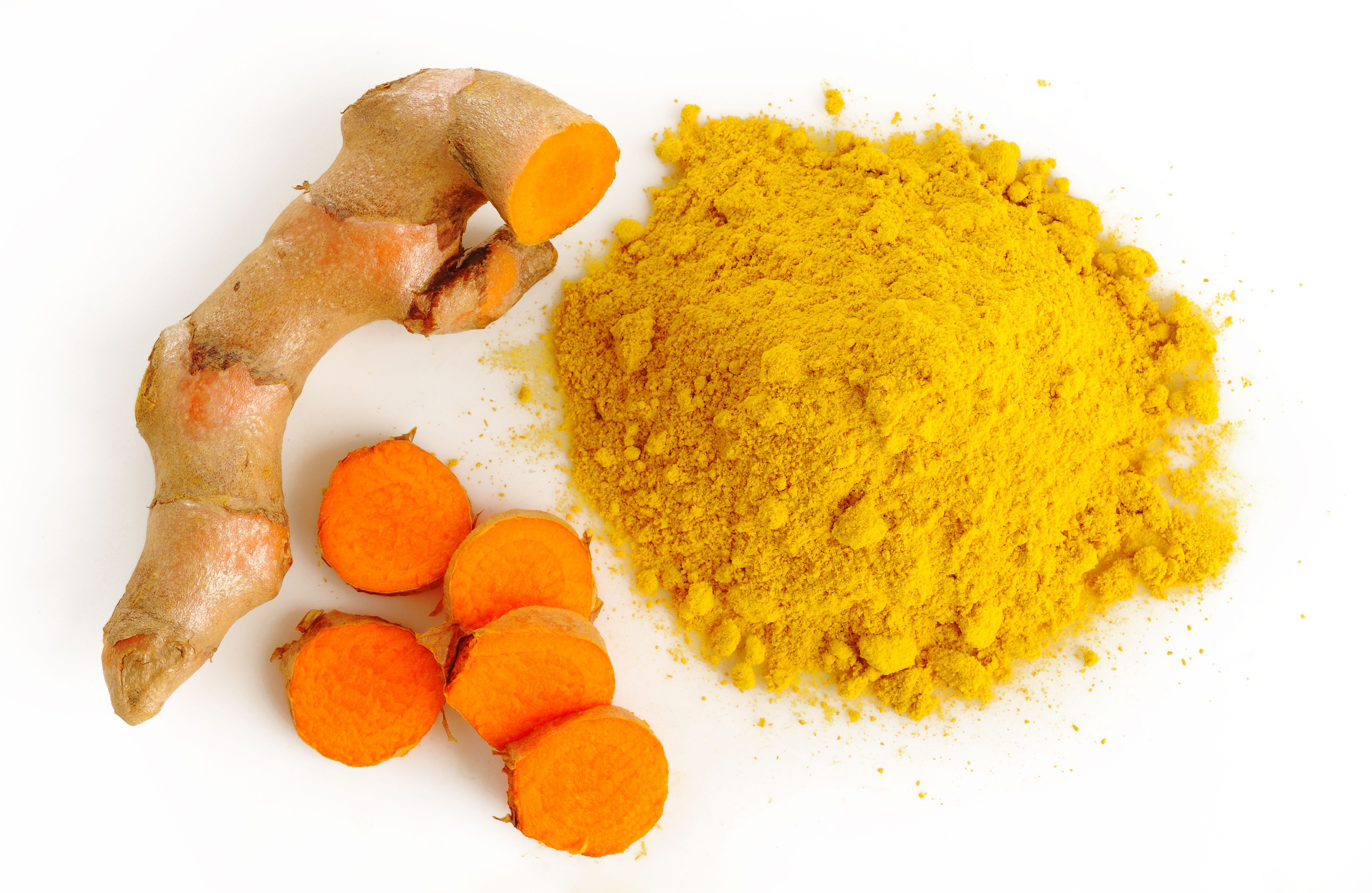TURMERIC PROVEN TO TREAT DEPRESSION
MAIN SOURCE: www.sapphiria.com
It’s common knowledge both in pharmaceutical and natural healing worlds that certain medications often do more harm than good. It’s also clear that natural foods, herbs, spices and other natural sources can offer similar benefits without causing nasty side effects.
Researchers with the Department of Pharmacology of Government Medical College in Bhavnagar, Gujarat, India performed a study comparing the effects of turmeric (curcumin) and Prozac (fluoxetine). The randomized and controlled clinical study determined turmeric was as effective as Prozac in treating major depressive disorder. Turmeric treatment was also absent of dangerous side effects often found in Prozac use.
The objectives were to compare the efficacy and safety of curcumin with fluoxetine (Prozac) in patients with major depressive disorder (MDD). The study observed 60 patients diagnosed with MDD. Patients were randomized in a 1:1:1 ratio for six weeks in an observer-masked treatment using fluoxetine (20 mg) and curcumin (1000 mg) both individually or in combination. To determine the efficacy of each treatment, the main variable used was response rates according to the Hamilton Depression Rating Scale, 17-item version (HAM-D17 ). They also employed a second efficacy variable which examined the mean change in HAM-D17 rating after the six week observation period.
Turmeric is a rhizomatous herbaceous perennial plant of the ginger family. The average person may best recognize turmeric as an intensely yellow spice commonly used in Asian cuisine. The active compound curcumin is known to have a wide range of medicinal benefits including anti inflammatory, antioxidant, antitumour, antibacterial, and antiviral activities. In India, turmeric has been used for thousands of years as a remedy for stomach and liver ailments. Turmeric can also be used topically to heal sores due to its antimicrobial properties.
According to the study:
We observed that curcumin was well tolerated by all the patients. The proportion of responders as measured by the HAM-D17 scale was higher in the combination group (77.8%) than in the fluoxetine (64.7%) and the curcumin (62.5%) groups; however, these data were not statistically significant (P = 0.58). Interestingly, the mean change in HAM-D17 score at the end of six weeks was comparable in all three groups (P = 0.77). This study provides first clinical evidence that curcumin may be used as an effective and safe modality for treatment in patients with MDD without concurrent suicidal ideation or other psychotic disorders.
This marks the first published study using a randomized and controlled clinical trial which indicates the efficacy of turmeric (curcumin) in treating serious depression. Results show that turmeric is just as effective as Prozac and possibly more effective than other depression drugs on the market. It is important to note the study does not account for the negative effects (side effects) that come with Prozac. Prozac is known to cause suicidal ideation and/or other psychotic disorders; however, these are not present when treating with turmeric. The use of turmeric as a treatment for depression is safer and less taxing on the body when compared to treatment with pharmaceutical drugs. These results are not surprising given the comparison of synthetic treatments vs natural.
The anti-depressant medications do not help cure depressions but instead mask symptoms and create a life long reliance on them. Utilizing natural treatments coupled with a holistic approach of assessing lifestyle, diet and the root cause of depression is an approach that is much more effective both in cost and curing patients. It is important to keep in mind that the pharmaceutical industry is a business before anything else.
